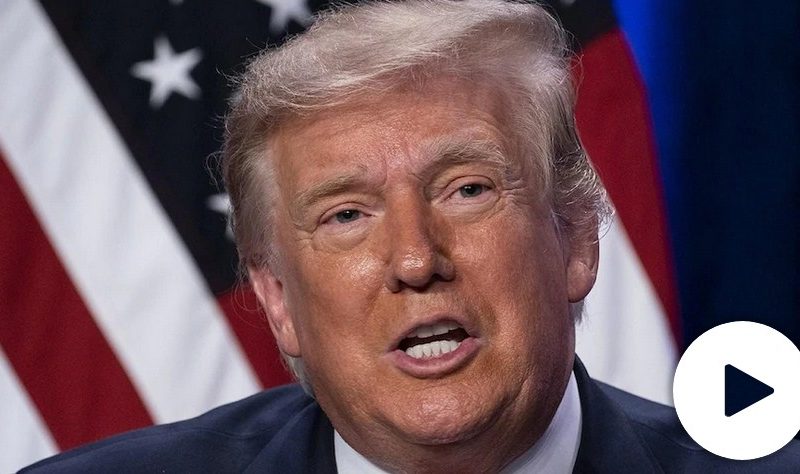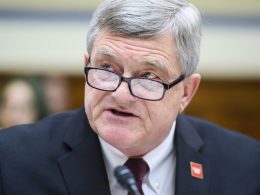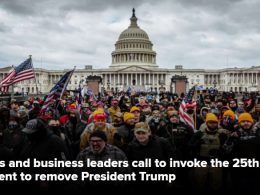On Monday, the Supreme Court threw out a case pertaining to allegations that former President Donald Trump profited from foreign governments. The court also requested that the lower courts strike out previous judgments that indicted Trump since the former president has left office. The Supreme Court’s order was without comment or dissent.
However, the decision is yet to resolve a vital question involving presidents and the extent of the roles they can play in their businesses while still in office. Trump refused to relinquish his businesses in a blind trust, just like others before he had done when he assumed office. He played an active role in his businesses and used this as an avenue to accept money from foreign governments and also on the home front.
Two cases appeared before the Supreme Court. The first was advanced by lawyers from Maryland and Washington, DC. They believed that Trump went against the spirit of the constitution by retaining an interest in his businesses, from which he accepted payments from foreign and local governments. They argued that by having a continued vested interest in the Trump International Hotel, Trump placed other competing businesses at a disadvantage.
This is because foreign governments would tend to do business with Trump’s business entities to buy over political favors. The second case was initiated by players in the hospitality sector in the New York and Washington areas, who argued that they were placed at a disadvantage by the mere fact that Trump still had stakes in his hotel chains, CNN reports.
An attorney involved in the case, Deepak Gupta, described the decision of the Supreme Court as unsurprising. He noted that despite the outcome, he took pride in his job to protect the spirit of the constitution that sought to prevent financial conflict of interest and corruption.
One of the groups that filed a case against Trump in Washington, the Citizens for Responsibility and Ethics, said that the lawsuits brought to the open the seemingly extensive corruption that happened under Trump, occasioned by his accepting favors from foreign governments using his businesses as a front. The group noted that it was his losing the election that stopped Trump in his track.
The bone of contention, bringing about the different lawsuits filed against Trump, was centered on whether he violated the Emolument Clause. This clause prevents a sitting president from profiting from a foreign government, except otherwise granted by Congress. On the domestic scene, a president is only allowed to receive emoluments in the form of a salary, and nothing else, including his business ventures, while still in office.
In the course of the legal dispute, five federal agencies were served with subpoenas by the lower courts demanding information on how these agencies conducted business with the Trump International Hotel.
The two attorneys from DC and Maryland, Karl Racine and Brian Frosh, noted that their lawsuits would serve as a deterrence from anyone who might want to use the presidency and any other federal office to profit from their businesses.
Source: apnews.com









